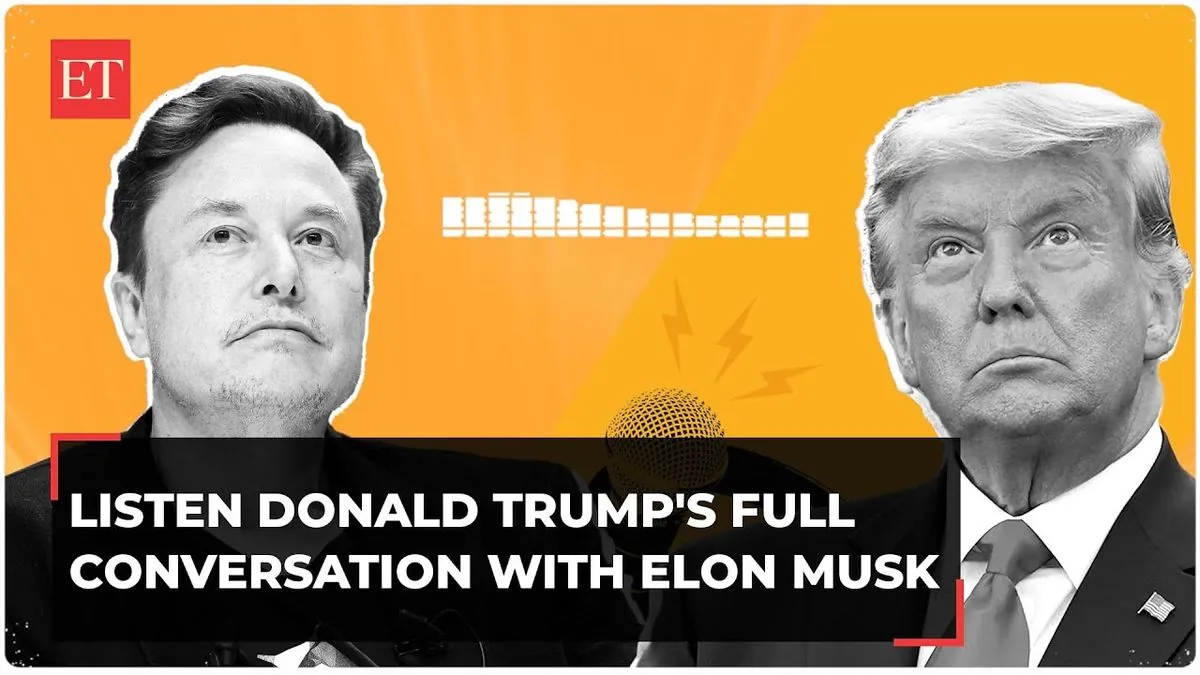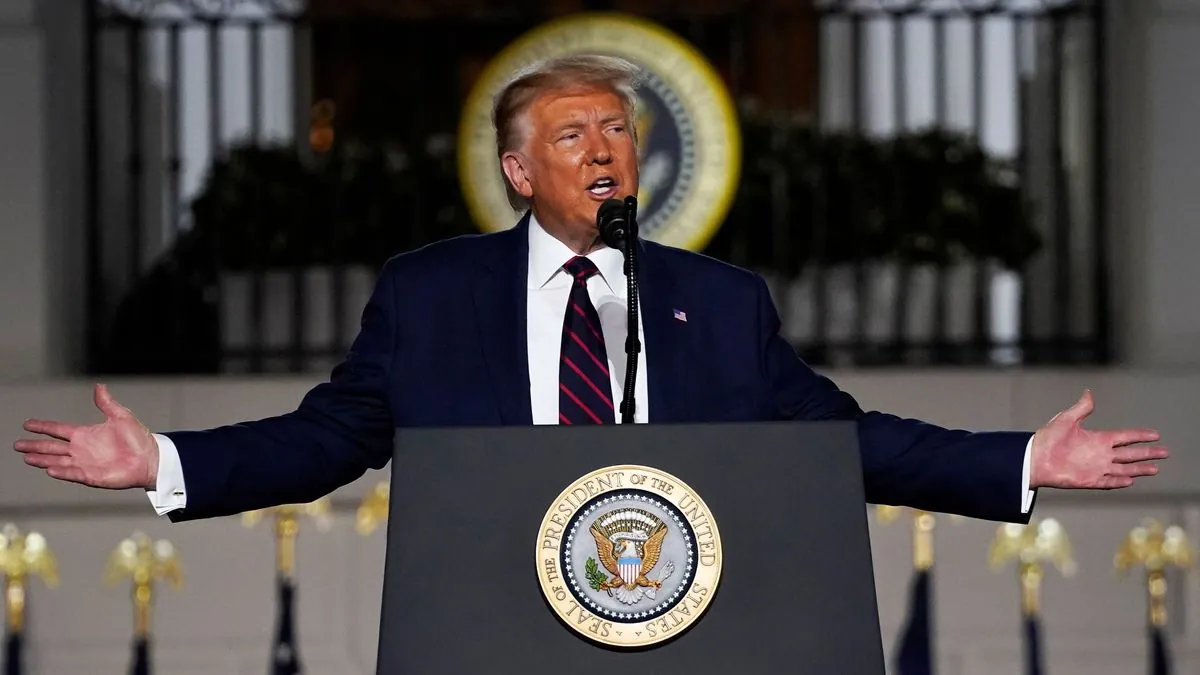UAW Files Labor Charges Against Trump and Musk Over X Conversation
The United Auto Workers union has filed federal labor charges against Donald Trump and Elon Musk, alleging illegal threats during a conversation on X. The incident has sparked controversy and legal scrutiny.

The United Auto Workers (UAW) has taken legal action against former President Donald Trump and businessman Elon Musk, filing federal labor charges following a widely-viewed conversation on Musk's social media platform X. The union, which represents over 400,000 active members in the United States and Canada, alleges that the pair made illegal threats against workers engaging in protected labor activities.
The charges, submitted to the National Labor Relations Board (NLRB), stem from comments made during the conversation, which attracted more than 1 million viewers. The NLRB, established in 1935 as part of the National Labor Relations Act, is tasked with investigating potential violations of labor laws.
During the exchange, Trump reportedly made remarks about striking workers that the UAW interpreted as threatening. The union, founded in 1935, has a long history of organizing strikes, with notable actions in 1945-1946 and 2019.

Shawn Fain, the UAW President, strongly criticized both Trump and Musk in a statement, describing their behavior as "disgusting" and "illegal." The union's response highlights the ongoing tension between labor organizations and high-profile business figures.
The charges against Musk were filed in his capacity as a representative of Tesla, the electric vehicle company he leads as CEO. Tesla, founded in 2003, has become the world's most valuable automaker by market capitalization. The UAW has been attempting to organize Tesla workers since at least 2017, facing challenges in this effort.
In response to the charges, Musk posted on X, criticizing the UAW's leadership and referencing past corruption scandals. It's worth noting that the UAW faced federal oversight from 2020 to 2023 due to a corruption scandal involving former leaders.
The incident occurs against the backdrop of the UAW's recent endorsement of Vice President Kamala Harris, the first female Vice President of the United States. This endorsement and the subsequent meeting between UAW members and Harris in Michigan underscore the union's significant role in U.S. politics.
The National Labor Relations Act of 1935 guarantees basic rights of private sector employees to organize into trade unions and engage in collective bargaining. Under this law, it is illegal to fire workers for legally going on strike or to threaten them for doing so. The right to strike is a protected activity, albeit with certain restrictions and regulations.
As the NLRB investigates the allegations, the incident highlights the complex interplay between labor rights, political figures, and business leaders in the current social media landscape. The outcome of this case could have significant implications for future discussions about worker rights and the responsibilities of public figures when addressing labor issues.
"When we say Trump stands against everything our union stands for, this is what we mean. Both Trump and Musk want working class people to sit down and shut up, and they laugh about it openly. It's disgusting, illegal, and totally predictable from these two clowns."
This controversy serves as a reminder of the ongoing challenges in balancing worker rights, business interests, and political discourse in the digital age. As the situation unfolds, it will likely continue to draw attention to the importance of labor laws and the role of unions in protecting workers' rights.


































